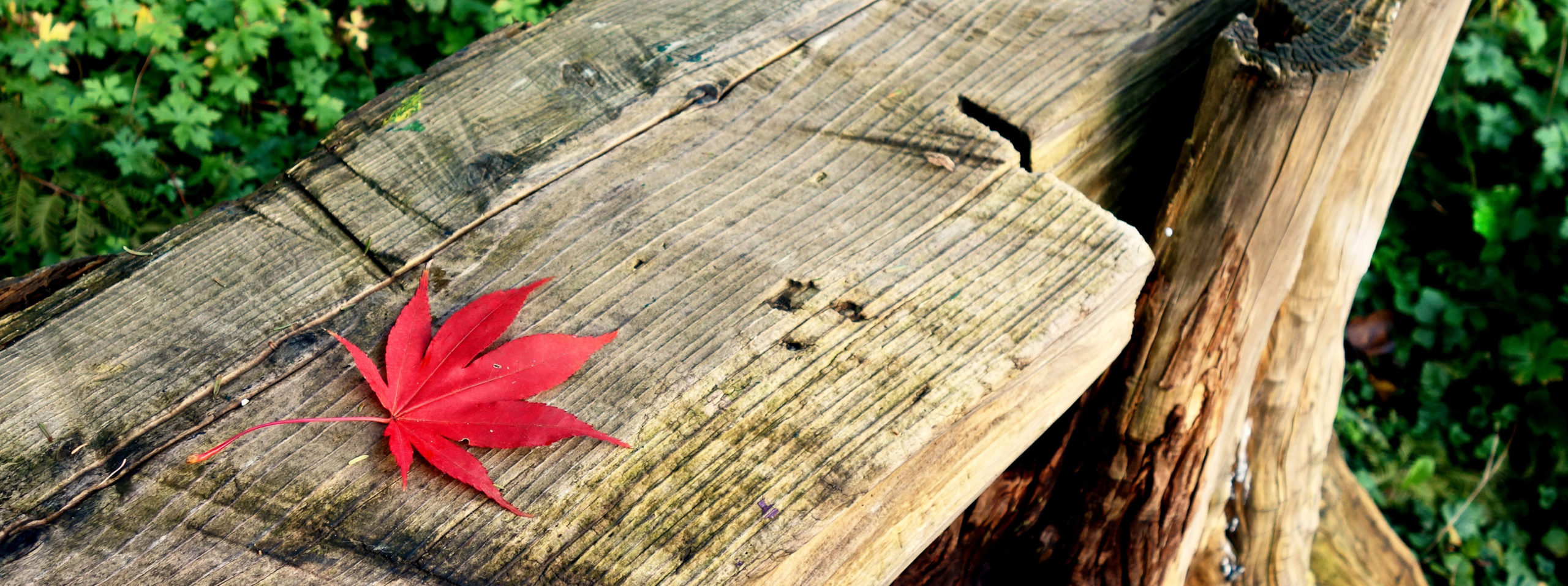
After Euthanasia: A Journey Through Grief
The loss of a beloved pet is a deep and heartbreaking experience. The period after euthanasia is often filled with pain, as you grieve for your beloved companion. The sorrow is usually intense and heavy. Your daily life changes in many ways. The house feels “deafeningly” quiet, the once-automatic care routines now create a feeling of emptiness, and your pet’s personal belongings appear so deserted.

Emotional Reactions
The days after euthanasia are often marked by powerful emotions—grief, guilt, anger, loneliness, even doubt about the decision you made. The mind may try to explain it, but the heart still hurts. Your beloved pet was family, a companion, a friend. The bond you shared was real, full of love and selflessness.
Mixed Emotions
When you’ve decided to offer your pet a peaceful transition from life to death, you may experience mixed emotions.
On one hand, you may feel relief knowing your pet is no longer suffering; on the other hand, your heart aches from the absence.
You might feel that you made the right choice, yet doubt still creeps in: “Was it the right decision?” or “Should I have waited a little longer?”
It’s completely natural to experience a wide range of emotions, even anger or disappointment about the situation. These feelings are valid and acceptable—they are part of the grieving process.
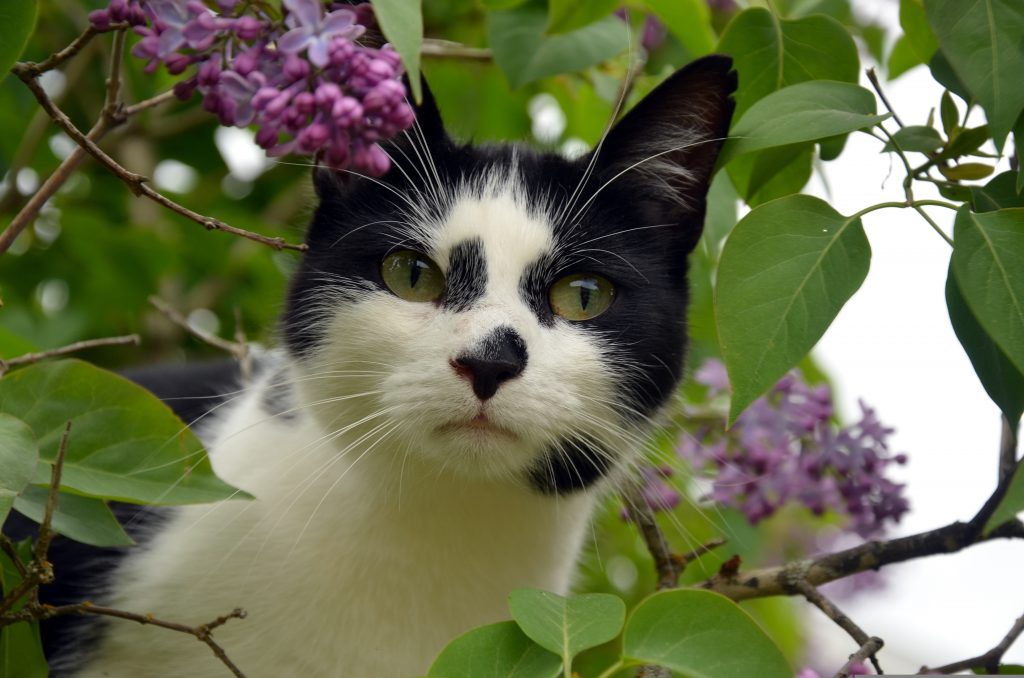
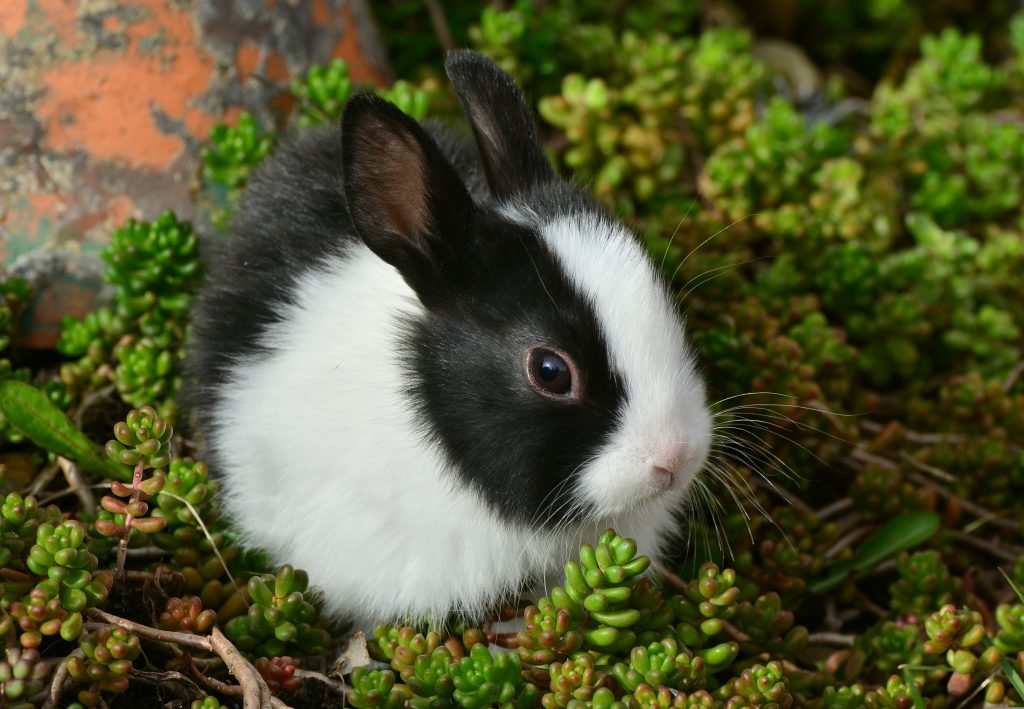
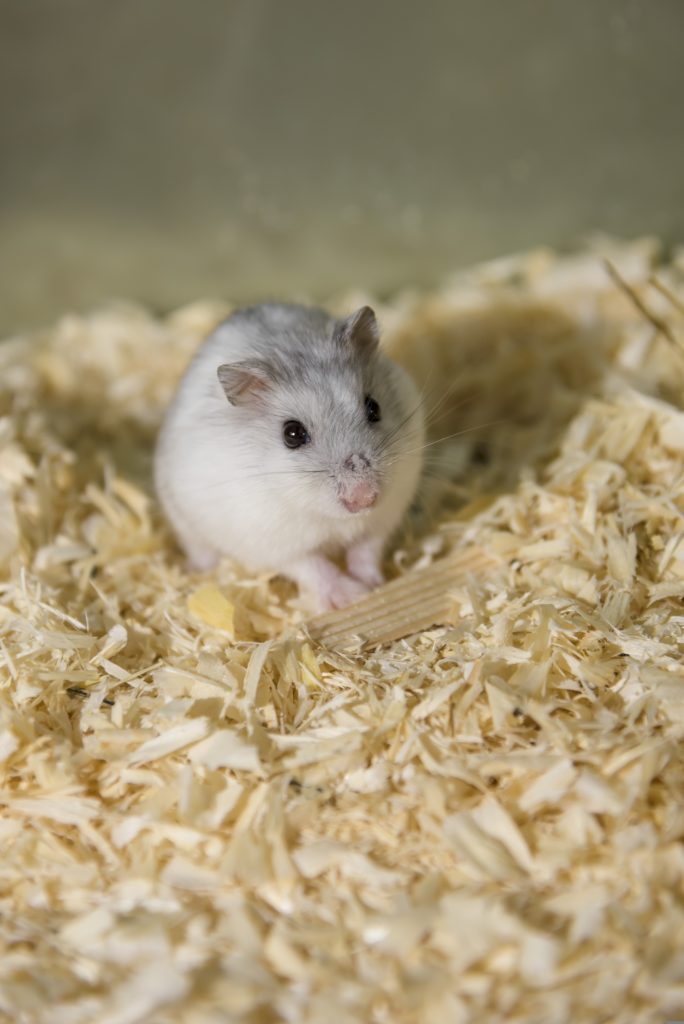
An Act of Love and Dignity
The decision to proceed with euthanasia is one of the hardest acts of love, respect, and care. Many pet guardians are overwhelmed with guilt, feeling that they ended their pet’s life by choice. However, in most cases, euthanasia doesn’t take life away—it interrupts the dying process, releasing pets from pain and distress.
The decision you made was likely the best possible one you could have made under your personal circumstances. It’s important to offer yourself the same compassion and kindness that you offered your beloved pet.Η απόφαση για ευθανασία είναι μία από τις πιο δύσκολες πράξεις αγάπης, σεβασμού και φροντίδας.
How to Take Care of Yourself
Grief can be so overwhelming that self-care may feel pointless or even out of place. It’s perfectly normal, especially in the early days, to feel like you don’t have the energy to take care of your body or maintain your daily habits. You might lose your appetite or eat poorly, struggle to sleep, not want to get out of bed, neglect your hygiene, sit in a dark room, or leave your home messy.
However, if this state continues for a long time, it can affect both your physical and emotional well-being. Unprocessed grief can become heavier, prolonged, and may lead to deeper isolation or even depression.
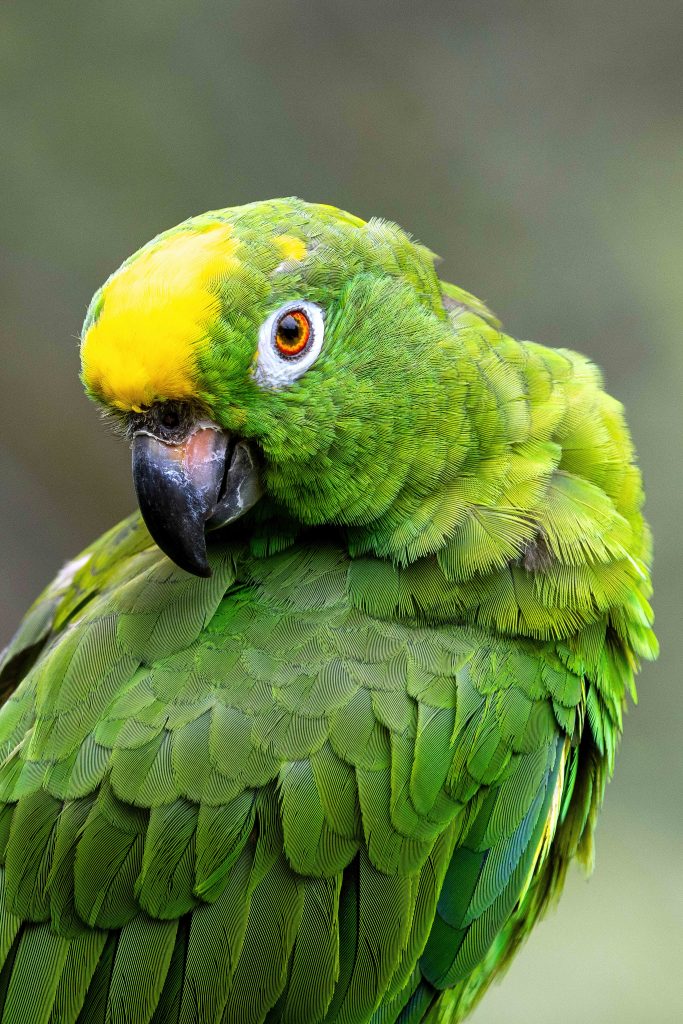



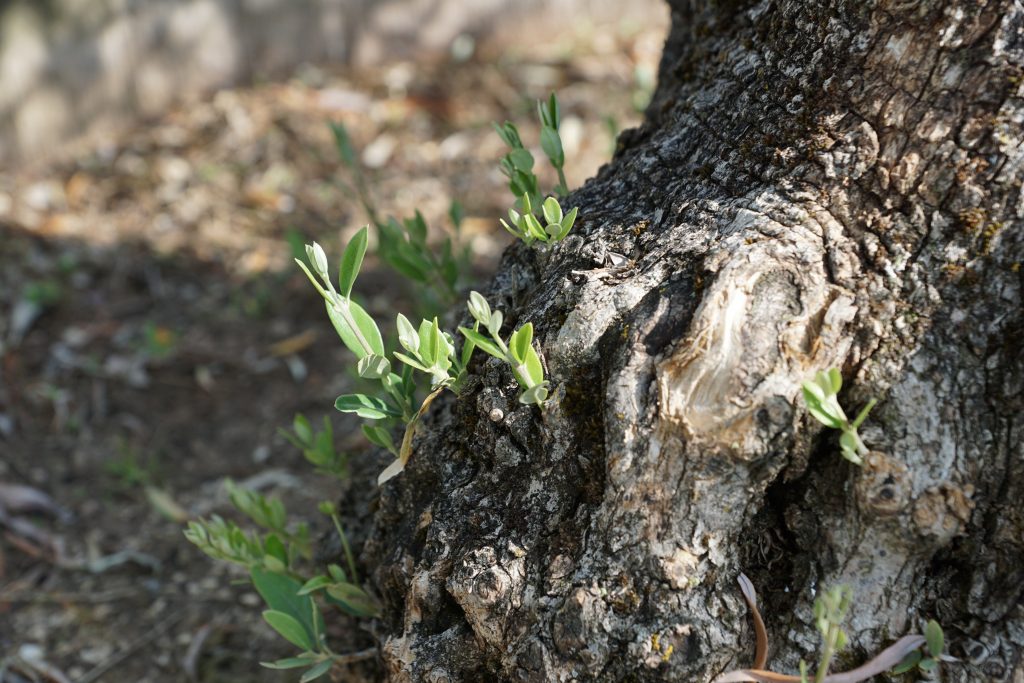

Small Steps for Self-Care
You don’t need to make drastic changes overnight. Begin with small, simple actions:
Give yourself permission to grieve
Grief has no set time-line and there is no right or wrong way to mourn. Taking care of yourself doesn’t mean you are moving on too quickly or forgetting your pet. On the contrary, it is a way to honour their memory by helping yourself navigate this loss with more compassion and understanding.Δεν χρειάζεται να κάνεις μεγάλες αλλαγές από τη μια μέρα στην άλλη. Ξεκίνα με απλές, μικρές κινήσεις:
Regulate your routine
Try to wake up at the same time each day, with small variations (plus/minus an hour). A routine can offer a sense of stability.
Get dressed and tidy your space
Even if you don’t leave the house, change your clothes. A bit of order in your surroundings can help your mood.
Make time for physical activity
You don’t need intense exercise—a walk, some gentle stretching, or light yoga is enough to activate your body. If possible, find a friend or walking partner.
Pay attention to your nutrition
Try to eat balanced meals. If you don’t have an appetite, start with small portions of nourishing food.
Take care of your sleep
Two hours before bed, avoid screens, strenuous activity, or heavy meals. Create a relaxing bedtime routine.
Engage in activities that express who you are
If you feel up to it, try creative or meaningful activities like drawing, writing, music, decorating, or any hobby that brings you a sense of peace.
Connect with nature and others
If you feel ready, go for a walk in nature, have a coffee with a friend, or talk to someone you trust.
- Give yourself permission to grieve
Grief has no set time-line and there is no right or wrong way to mourn. Taking care of yourself doesn’t mean you are moving on too quickly or forgetting your pet. On the contrary, it is a way to honour their memory by helping yourself navigate this loss with more compassion and understanding.
Moving Through Pain
Grief is a process—it’s not linear and it doesn’t follow a clear beginning, middle, and end. Your pain will always be a part of you; it doesn’t vanish, but you grow around it. Some days will be more painful, and others more manageable. Every day is important and valuable in your personal grief journey.
A Bond That Lasts Forever
The relationship you shared with your pet doesn’t end with their passing. Your connection and love will live on inside you, continuing to shape your life in meaningful ways.

You Are Not Alone
In this painful journey, I am here to listen to you, to accept everything you feel, to respect your pace, and to trust your process.
I am here to help you find ways to honour your pet, to embrace all your memories, and to grow around your pain. You will learn to show patience and kindness to your sorrow. Through this journey, you may discover new aspects of yourself, and deeper layers of love and empathy. You will not be the same.
It will be my honour to walk alongside you on this path.